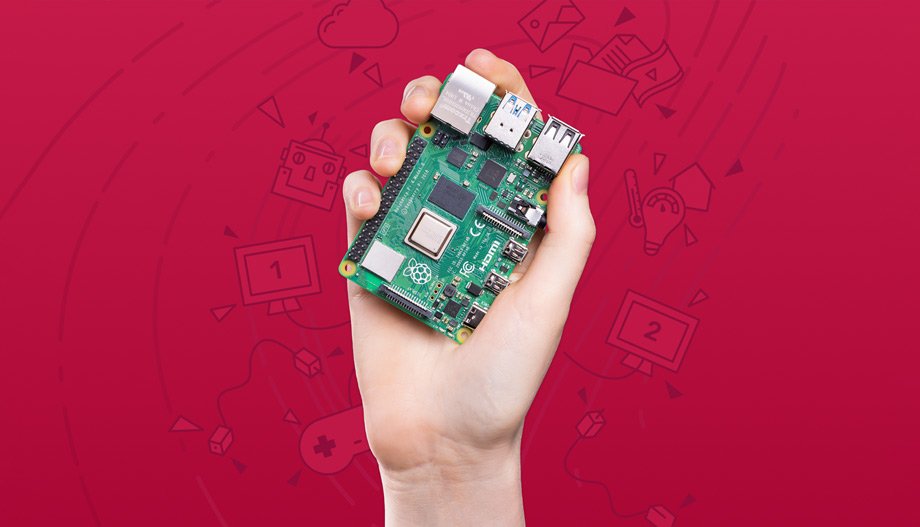 Using your Raspberry Pi in a local network at home, you may only need a few simple changes to keep it secure. But if you want to expose your Raspberry Pi to the internet, by connecting it to a large network or using it as a Wi-Fi access point, then upping the security becomes much more important. There are many security tips you can use to protect your Raspberry Pi, and below are seven ways to keep your Pi safe.
Using your Raspberry Pi in a local network at home, you may only need a few simple changes to keep it secure. But if you want to expose your Raspberry Pi to the internet, by connecting it to a large network or using it as a Wi-Fi access point, then upping the security becomes much more important. There are many security tips you can use to protect your Raspberry Pi, and below are seven ways to keep your Pi safe.
Change the default password
A simple one to start off with, changing your Pi password is nonetheless a very effective way of improving the security. Use the command “passwd” in your Pi and you will be prompted to enter your password. The default password should be “raspberry”. You will then be prompted to enter a new password, allowing you to make it something more secure.
Update your OS
Keeping your OS constantly updated allows you to keep up to date with any new security fixes. As an OS evolves, new bugs are constantly discovered and fixed in patches. You can check for any updates using the command “sudo apt dist-upgrade”. Doing this regularly, you can keep your OS up-to-date and your Pi secure.
Buy accessories that improve security
An easy way to keep your Raspberry Pi secure is to buy accessories that can help improve the security. Head online and visit an approved Raspberry Pi Maker Store, stockist, or reseller, and you can find various supplies that will help protect your Pi.
Install Antivirus Software
Antivirus software is easy to install and is an effective way of increasing the security on your device, protecting it from hackers and other dangers. Antivirus software can also check your Pi, identifying issues that may be harming your device. For keeping your Pi safe and improving performance, Antivirus software is essential.
Backup your files
Make a habit of keeping all your files backed up in case something happens to your Pi. Backing up a Pi SD card is a simple process and can be a lifesaver should hackers or malware issues affect your Pi and damage your files.
Properly shut down your Raspberry Pi
When you shut down your Raspberry Pi, shutting it down properly will help avoid any damage that leads to data loss. Simply unplugging your device can lead to unwanted damage, so to avoid this make sure you shut down your Pi by using the “shutdown” command in the terminal.
Use an adequate power supply
Using a poor-quality power supply can cause significant problems for your Raspberry Pi, potentially impacting your performance and leading to improper shutdowns that will damage your device. Thankfully, the Raspberry Pi will notify you when your power supply is insufficient. Using a reliable power supply with a good output will help keep your device secure.
Final thoughts
Though the Raspberry Pi does have some protections, if you’re using it by connecting it to the internet, you’ll need to make sure that you’re keeping it secure. Thankfully, by following the above steps, you can easily keep your Pi secure, no matter whatever you use it for.
Learn more
The internet has revolutionized the way we do business. From creating websites to using social media to promote services and products, the opportu ...
Why work so hard to turn over a substantial profit if you aren’t going to protect it? If you want to keep a hold of all the money that you earn, y ...
Digital thieves are constantly on the lookout for businesses to hack and data to steal, so it’s vital that you have security protocols in place to ...
We live in a world where man and machine live side by side. Everything we do is dependent to some degree on computers. This is why it is also very ...
As the evolution of digital innovation continues to occur, the increase in cybercrime among other dangerous activities continue to happen in the s ...







